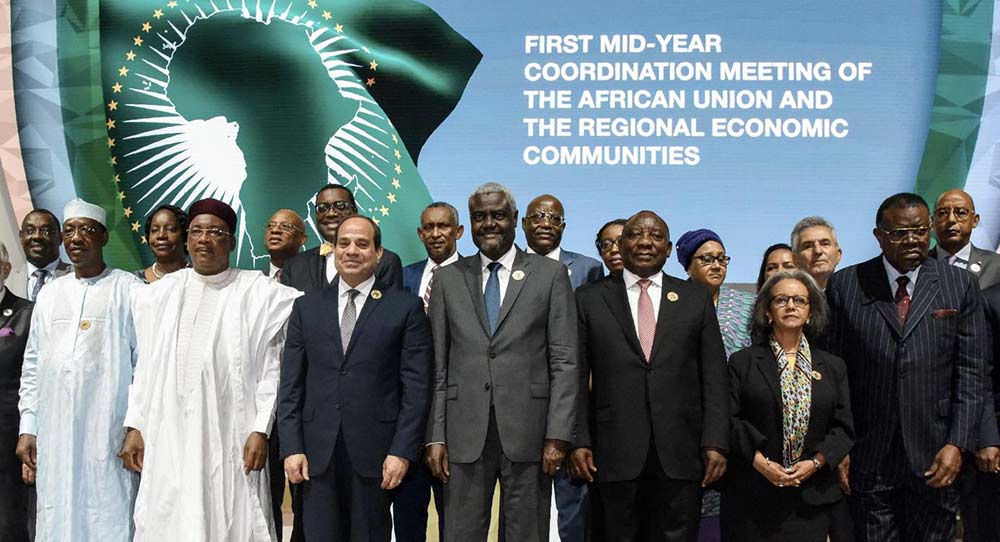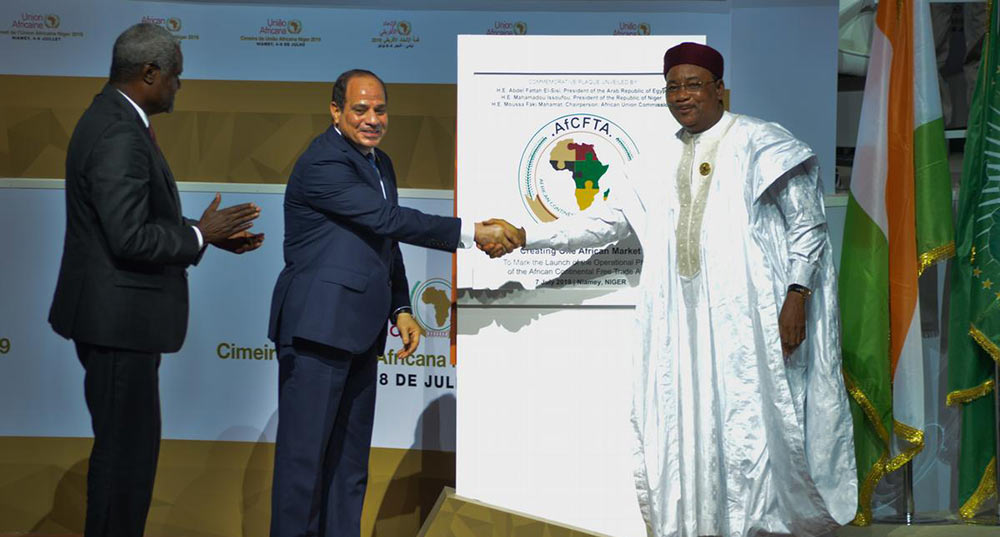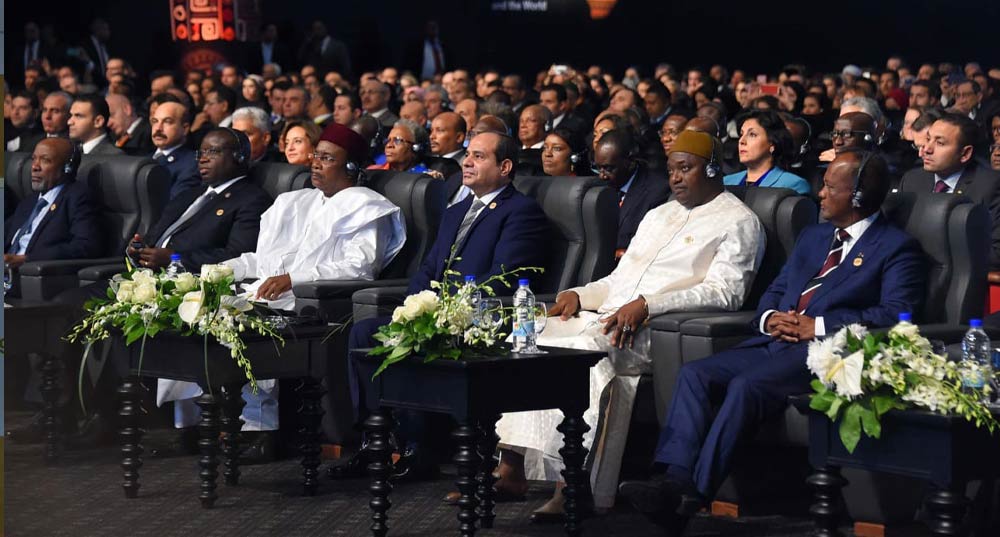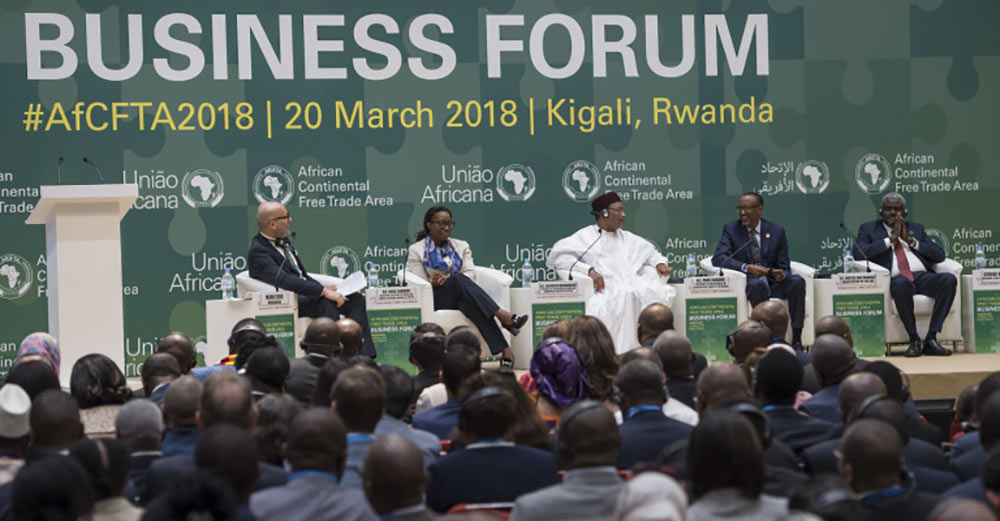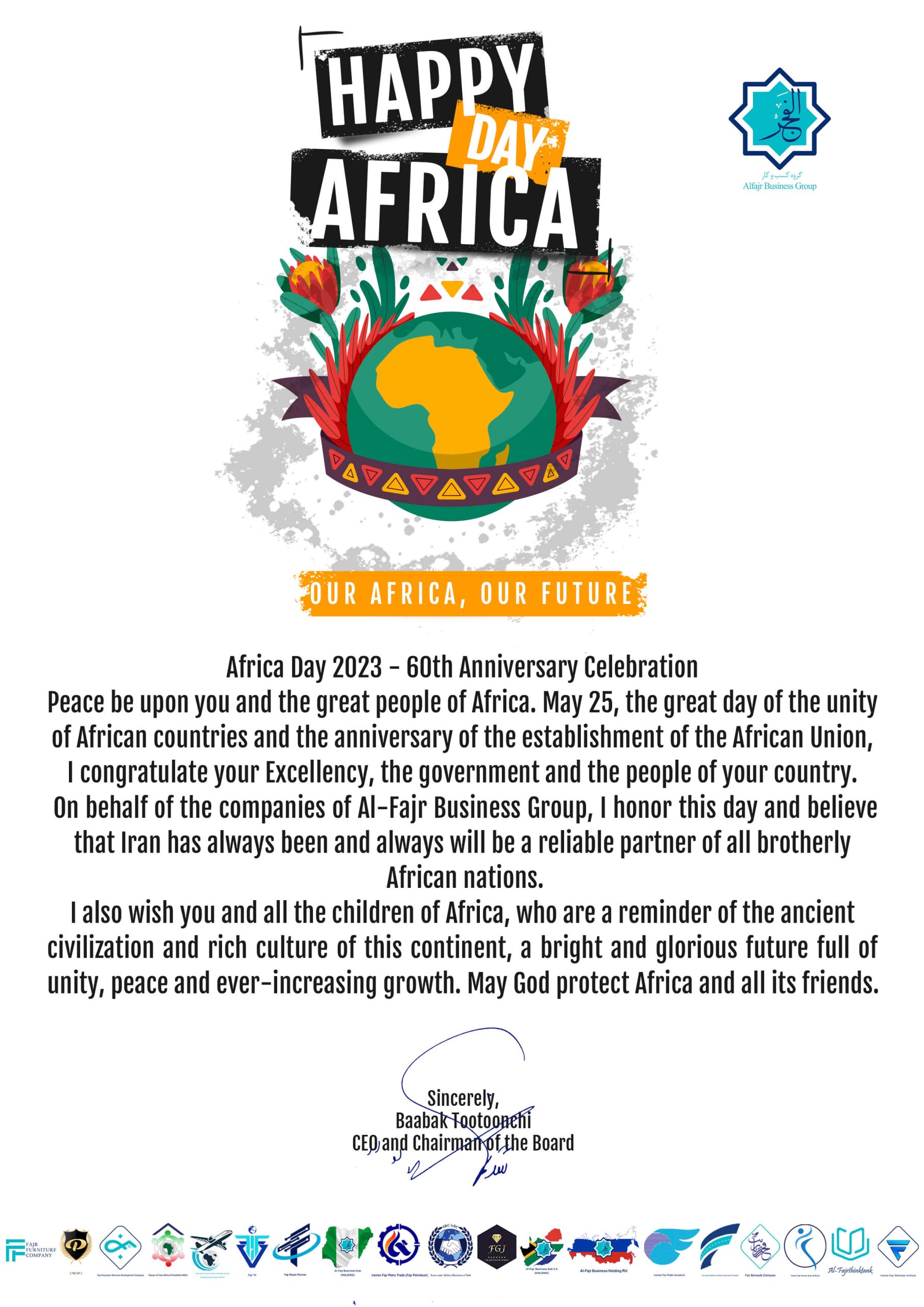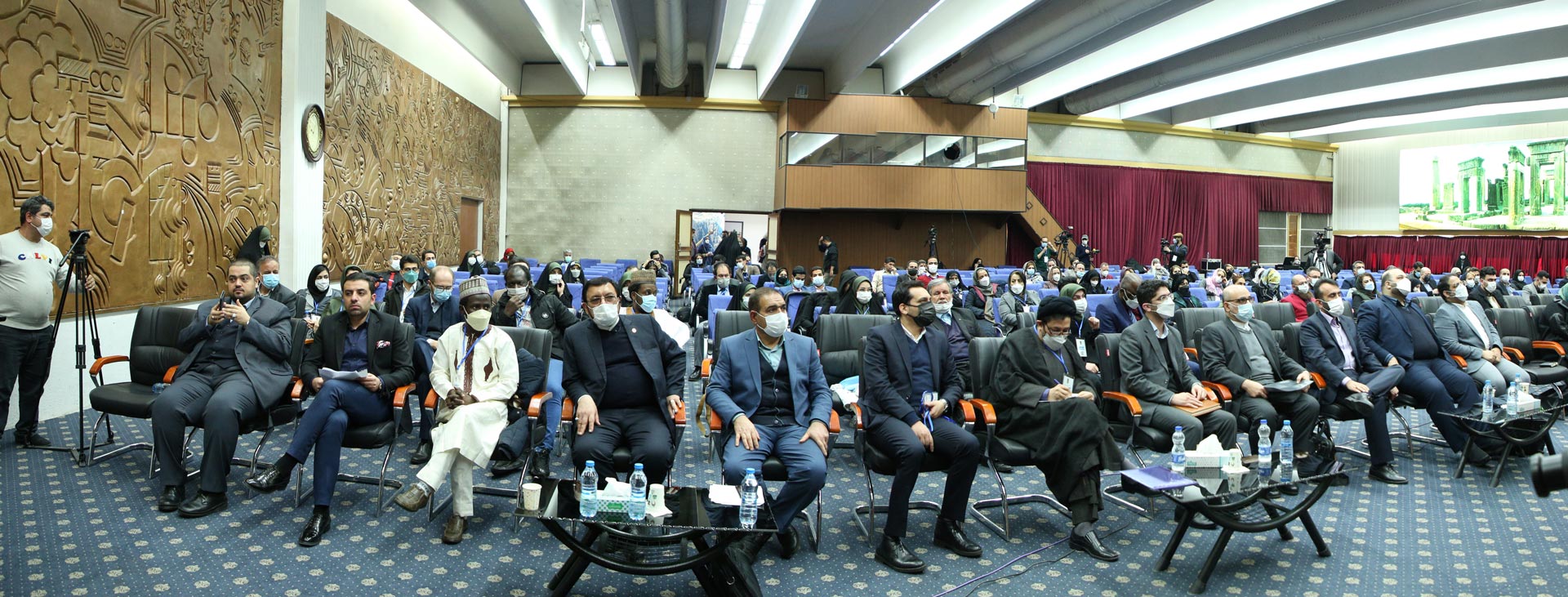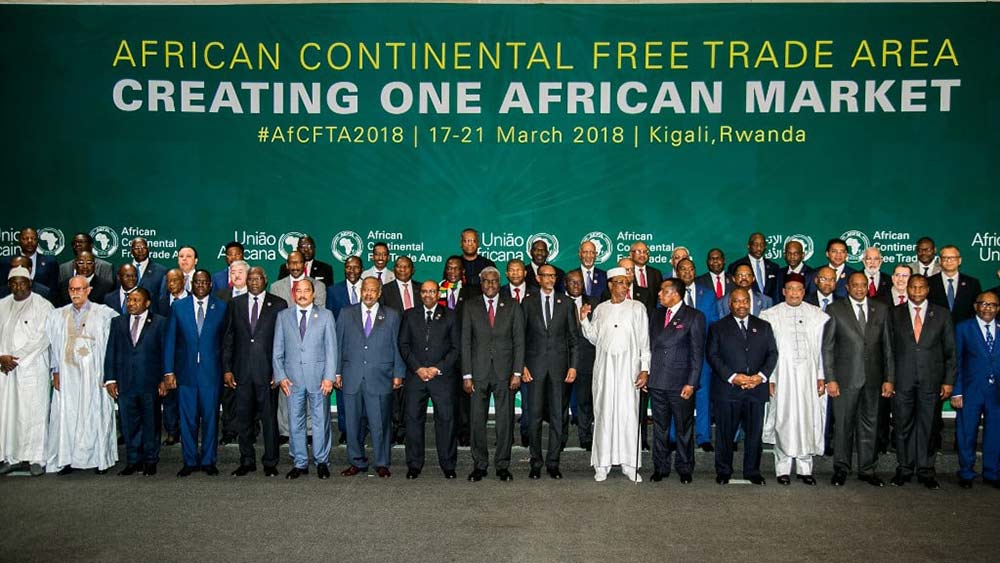
Free trade area and the establishment of the African common market
Dr. Seyed Mehrdad Siadat Nesab
Former commercial counselor of the Islamic Republic of Iran in South Africa
These days, economic integration has flourished at the same time as globalization, and national governments have turned to regionalism and the formation of regional arrangements in order to protect their economy against global problems and facilitate the promotion of investment and growth within the region. Without a doubt, it can be said that economic convergence can lead to more benefits for the member countries and provide the basis for the development of trade relations and, as a result, increase employment and improve the economic situation.
Therefore, we see that African countries, regional integration with the aim of promoting Africa towards growth and using the diverse resources of the region to achieve sustainable development, through industrialization and preventing crude sales and moving towards creating added value, growth They have prioritized economic, productivity and job creation. In this regard, the African countries that signed the free trade agreement with the presence of the leaders of 26 countries in 2015 in Sharm el-Sheikh, Egypt with the aim of strengthening the basis of trade in this continent, at the 2019 summit of the heads of the countries of this continent to create a free trade zone with the aim The benefit of more than one billion and 300 million people in the form of 3.300 trillion dollars in Niger was signed by 45 countries in the form of AFCFTA and it is supposed to be operational on the continent by 2025.
In fact, it can be said that the formation of such a free trade zone, which has been one of the long-standing and discussed issues of African countries in the years after independence, and which presents significant opportunities in the field of trade and investment to the countries of this continent, is a very big and valuable step, and it is a turning point in the history of Africa that led to the formation of a common market and a free trade zone, and it indicates that Africans have come to the conclusion that the way to stay in the world economy and to be influential in economic and political developments in the 21st century is from It is the way of unity, cooperation, convergence and synergy.
It is worth mentioning that according to the available statistics, the share of the African continent in world trade is about three percent, and the idea of forming this free trade zone was formed from the need to increase internal trade between African countries, which is currently below 15 percent, while the lot of trade Within the region between the European Union is about 60%.
South Africa is a country that is one of the founders and supporters of the formation of the African Free Trade Zone due to the level of development and variety of industrial, agricultural and mineral products that are competitive and exportable, and it hopes that by reducing and removing tariffs, it will increase the volume of exports and influence in the market of African countries, expand its political, economic, cultural and social relations with the mentioned countries and consolidate its position as a leading country in the region and the world.
Therefore, the growing link between the economies of different countries of the world can be seen in the framework of the significant increase in the volume of trade in goods and services and also the high volume of foreign investment between countries, it is necessary to conclude Preferential and free trade agreements with other countries and regional blocks should be put on the agenda as a business strategy to facilitate access to the market, and in this regard, the subject of a preferential trade agreement with the African Free Trade Area (which has a competitive advantage in the field of we are working with them) should be on the agenda of the trustes from now on.
Search
The latest content
Category
Latest News
WhatsApp us

